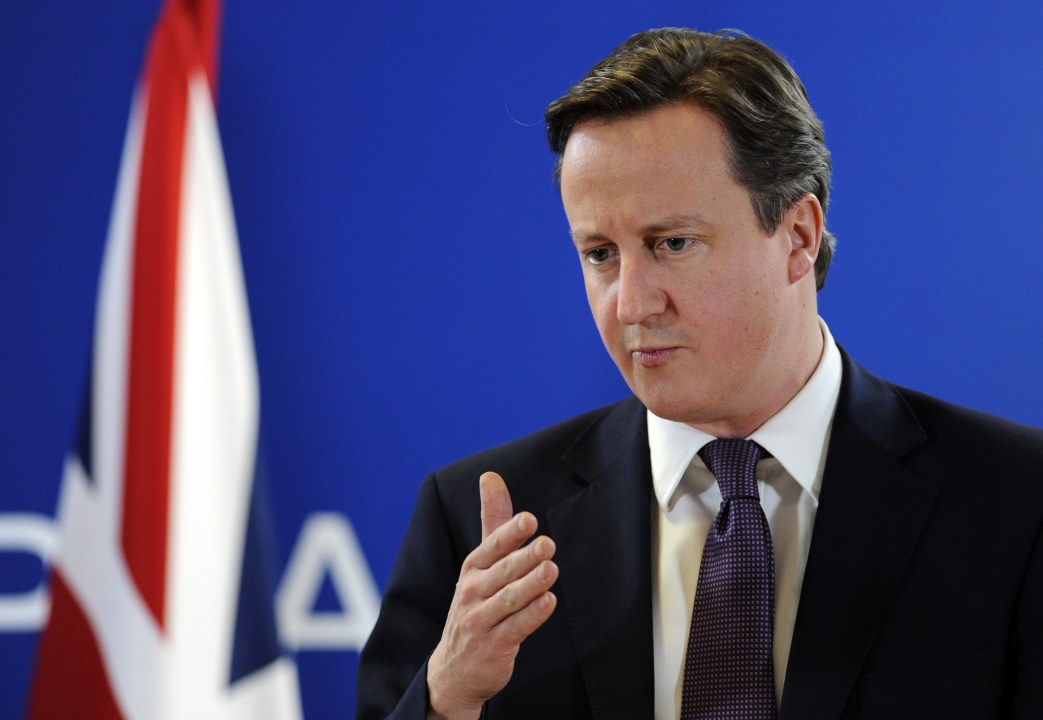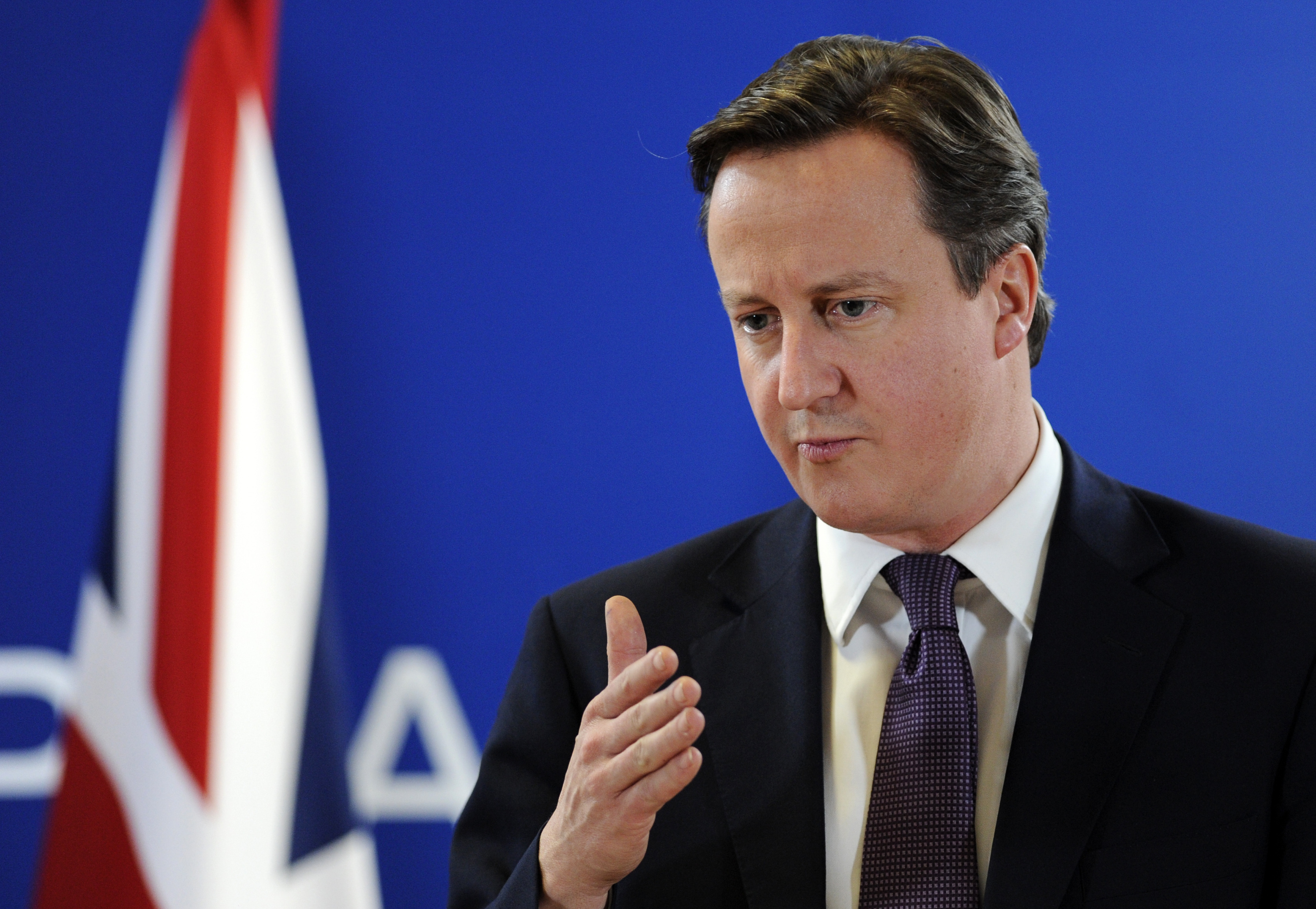 David Cameron’s use of the veto in the early hours of this morning changes the
British political landscape. The first thing to stress is that if the euro collapses it will not be because of the British veto. The deal agreed between the 17 eurozone countries and six of those
nations who still want to join it does not address the single currency’s fundamental problems.
David Cameron’s use of the veto in the early hours of this morning changes the
British political landscape. The first thing to stress is that if the euro collapses it will not be because of the British veto. The deal agreed between the 17 eurozone countries and six of those
nations who still want to join it does not address the single currency’s fundamental problems.
What is, perhaps, most intriguing about what happened in the early hours of this morning is that Sarkozy and Merkel chose to put Cameron in this position. In truth, Cameron was not asking for that
much. But Sarkozy and Merkel were not prepared to take even small steps to accommodate his concerns. They had clearly decided that they were happy to do a deal at the level of 17-plus rather than
27. This is why those close to Cameron think that Sarkozy and Merkel will not make a second push to get a full EU treaty, which would trigger an Irish referendum, in the New Year.
Britain is now on a path to ever looser union with Europe. As one Cameron loyalist said to me this morning, it won’t be long before the 17 plus six start doing things at the single market
level that are hostile to our interests.
In some ways, Cameron had no choice but to veto. Getting a new EU treaty through the Commons that didn’t even provide any safeguards for the City of London would have been hard pounding and
would have tested the coalition’s majority.
But Cameron’s bold decision to veto will come to define him as a leader. It is one of those moments that cuts through the usual fug of politics.
 James Forsyth
James Forsyth
A defining moment







Comments